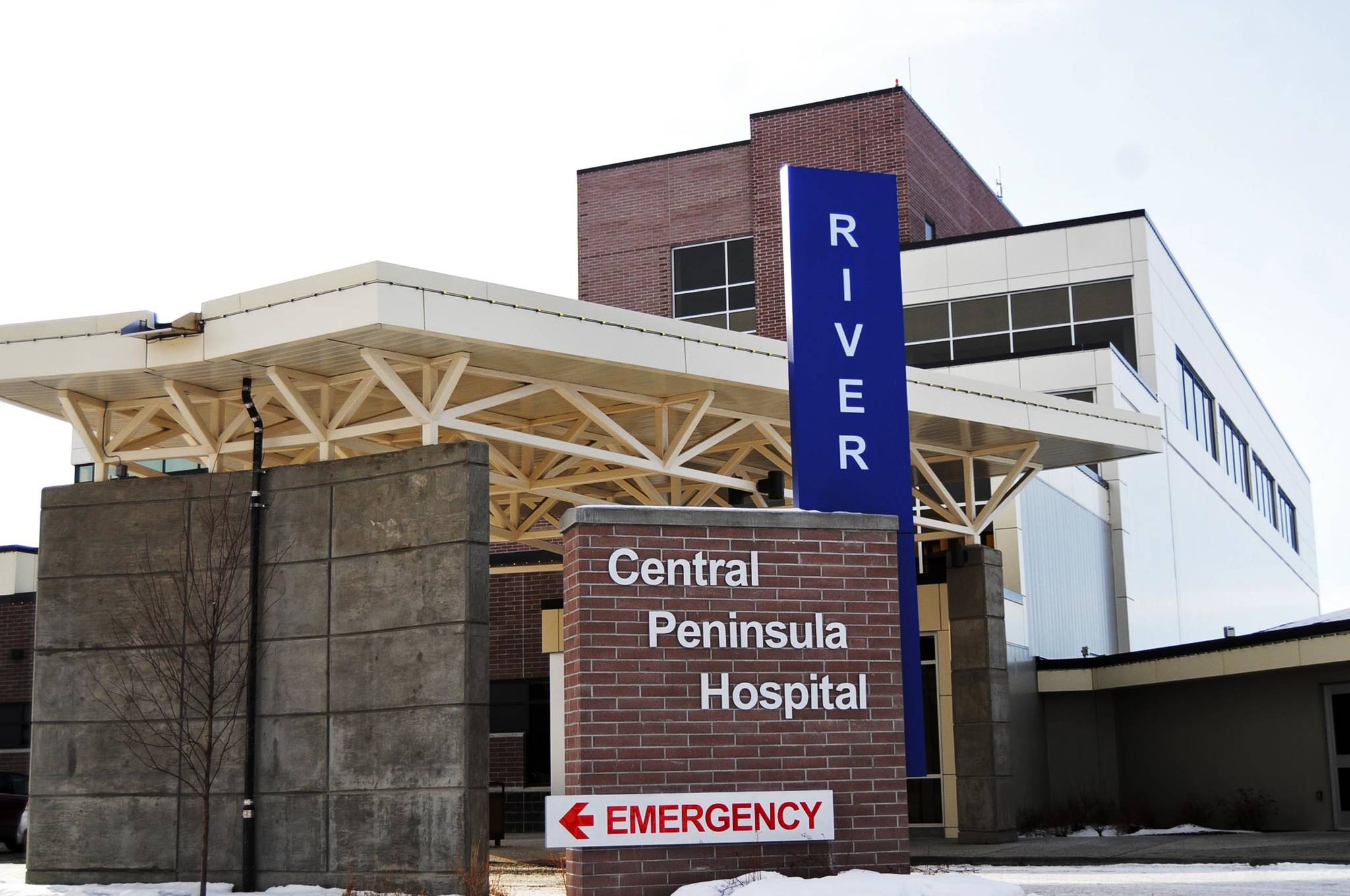The Kenai Peninsula Borough Assembly is wading into the legal thicket of renewing Central Peninsula Hospital’s lease and operating agreement.
The Kenai Peninsula Borough owns the assets of the Soldotna-based hospital but leases them to a nonprofit, Central Peninsula General Hospital Inc., for daily operations. The first agreement was inked in 1993, with the last revision in 2008 and set to expire at the end of 2017. The lease and operating agreement outlines terms of how the nonprofit will run the hospital, including items such as providing monthly financial reports to the borough administration and executing operations to protect the hospital’s nonprofit status.
Last October, Borough Mayor Mike Navarre’s administration began negotiations to amend the lease and operating agreement and renew it. On Tuesday, the assembly got its first look at the new operating agreement, which the assembly has to renew before the end of the year.
“My administration has spent a lot of time internally discussing it and in negotiations with CPH,” Navarre said during the assembly’s finance committee meeting Tuesday.
The proposed new contract would be called only an “Operating Agreement,” taking out the word lease, according to a memo to the assembly from Borough Attorney Colette Thompson and Special Assistant to the Mayor Angela Ramponi.
“In the past, the term ‘Lease’ in the title has resulted in some issues with bond financing,” the memo states. “The term was taken out of the title to mitigate these concerns. The borough continues to lease the property to CPGH, Inc.”
The borough leases the property to the hospital for less than fair market rate — to be precise, $1 per year. The amount is a formality and isn’t uncommon in borough leases for less than fair market rate. In May, the borough sold the Old Hope School to Hope, Inc. for the same price.
One key issue is the length of the contract. Some members of the assembly have argued that 10 years is too long for the contract to last and want to revise it. The proposed agreement includes a 10-year term but adds a five-year renewal option if no notice of termination is given one year before the 10-year term expires, according to the memo.
Hospital administrators would also have to meet monthly with borough administrator officials and provide updated reports, including lists of purchasing policies, which are new requirements. CPH administrators already provide quarterly reports to the borough assembly, but the monthly reports would tighten the relationship between the borough and the hospital administration, which technically operates independently.
Similarly, the new agreement would define “major” and “minor” maintenance based on the American Hospital Association’s estimated useful life of the asset. Major maintenance would have to be approved by the borough’s contract administrator and CPH would have to notify the borough of all projects costing more than $100,000. A new section outlines that any real property acquisitions “will be led by the borough.”
Other areas of the contract would give the hospital more flexibility. An area that’s often time-consuming for the hospital administration is obtaining assembly approval for new projects such as infrastructure or equipment purchases. One new provision would raise the threshold for assembly approval of an equipment purchase to $2 million. Assembly approval would only be required for capital improvement projects costing $1 million or more or that require an appropriation.
“Throughout the rewrite process, the teams worked to pair increased flexibility with improved communication between CPGH, Inc. and the borough,” the memo states. “As the health care landscape continues to undergo significant changes, the parties recognize that the borough will need flexibility to adapt to a quickly evolving system, and that the borough will need avenues to remedy any concerns and to ensure that the best interests of the residents are being met.”
CPH is the larger of the two hospitals the borough owns — South Peninsula Hospital in Homer is significantly smaller both in capacity and in revenue. Navarre’s administration has been focusing on health care for the last several years, convening a Healthcare Task Force of stakeholders and of industry professionals to identify ways to make health care more affordable and better on the Kenai Peninsula.
The task force was a sequel to another convened in 2010, on which members tried to decide whether to transition the hospital to a private operator to save costs. The assembly decided to hold onto the hospital, which ultimately may have kept costs lower, according to a consultant report commissioned by the 2015 task force. The consultant’s report showed that CPH and SPH’s charges were approximately 80 percent of the charges at hospitals in Anchorage, and data available through the Center for Medicare and Medicaid Services shows that CPH and SPH’s charges are frequently below the national and Alaska averages for particular procedures.
The assembly members had no comments on the proposed agreement at the meeting Tuesday. Navarre said the assembly will schedule have a worksession before the next meeting to go over details.
Reach Elizabeth Earl at elizabeth.earl@peninsulaclarion.com.

